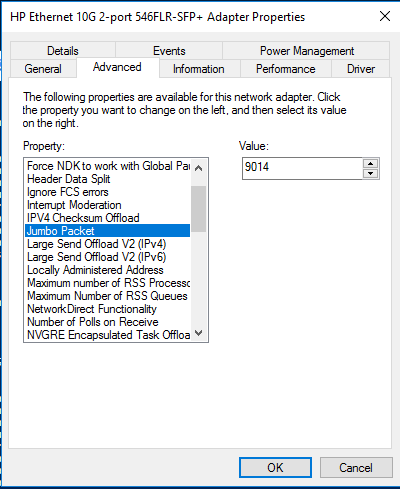Sql Network Interface Error 25
The server was not found or was not accessible. Verify that the instance name is correct and that SQL Server is configured to allow remote connections. (provider: SQL Network Interfaces, error: 25 - Connection string is not valid). Verify that the instance name is correct and that SQL Server is configured to allow remote connections. (provider: SQL Network Interfaces, error: 25 - Connection string is not valid) (Microsoft SQL Server, Error: 87). Step 1: Login Authentication Windows or SQL Server.
Sql Network Interface Error 250
I'm trying to configure TCP access to my SQL Server named instance (named SQL2012). I use management studio to connect to the database engine. I type in the server name: 'tcp:localhostSQL2012' and I receive this error message:(provider: SQL Network Interfaces, error: 26 - Error Locating Server/Instance Specified)by the SQL Server team seems to be really useful, in it they suggest testing out the SqlBrowser service using PortQry. When I do, I get this info: Querying target system called:localhostAttempting to resolve name to IP address.Name resolved to 127.0.0.1querying.UDP port 1434 (ms-sql-m service): LISTENING or FILTEREDSending SQL Server query to UDP port 1434.Server's response:ServerName MSWART7InstanceName SQL2012IsClustered NoVersion 11.0.5058.0tcp 52329♥K K P☺K 5 - 2 1 qK 1 4 rK 8 7 0☺ 1 qK End of SQL Server query response And sure enough, I'm able to connect to the database when I specify the server name 'tcp:localhost,52329'I'm not sure what I'm missing. SQL Browser seems to be functioning and ports and firewalls seem to be open or irrelevant (I'm trying to connect to localhost).Where do I look next? (Also, note, I can't connect to my local named instance when I use localhostinstance and specify TCP/IP in the Connection Properties, either.
IMHO you're mixing two things by specifying the instance name and trying to force TCP. If you want to force TCP for a named instance, you're going to have to specify a fixed port in the service configuration, and specify that port # when connecting. Or use a client network utility alias maybe. For local connections it will attempt to use Shared Memory unless you specify otherwise; named instance isn't specifying otherwise:-).)–Jul 1 '15 at 19:37. When you try to connect to a local instance, SQL Server will always attempt to use Shared Memory.


This connection will work fine: localhostSQL2012This works in my scenario, and the connection is indeed using Shared Memory in this case. SELECT sessionid,nettransport,localnetaddress,localtcpportFROM sys.dmexecconnections;Results: sessionid nettransport localnetaddress localtcpport-53 Shared memory NULLIf you want to try to override Shared Memory (not sure why, on a local machine) and force TCP/IP instead, you can't mix that with specifying the named instance explicitly, at least in all instances I tried (no pun intended). The named instance forces SQL Server to map the instance name to the port number, using SQL Server browser, but this apparently can't be done when you force TCP/IP in the first place (the whole point of using TCP/IP is so you go straight to the port and not bother with the browser).
Comments are closed.